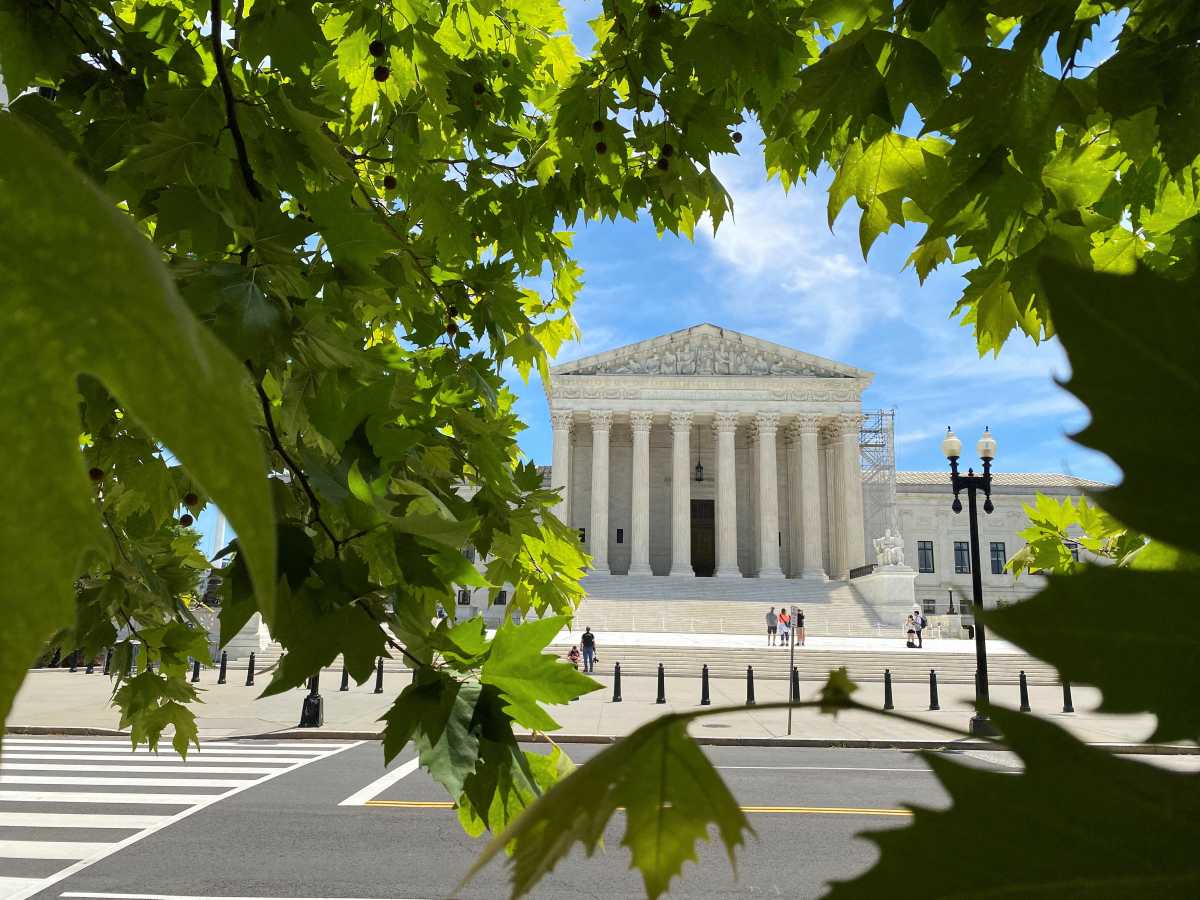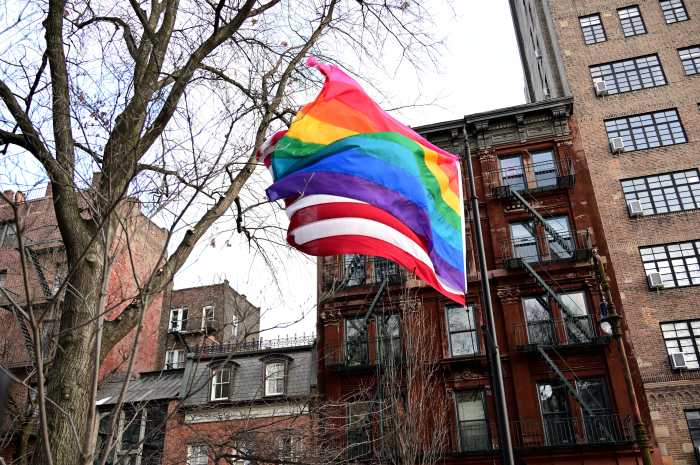The US Supreme Court on June 27 ruled that parents at a Maryland public school can use religion as an excuse to opt their children out of classes featuring LGBTQ storybooks.
The justices, overturning a lower court decision, ruled 6-3 in favor of a group of parents of elementary school students in Maryland’s Montgomery County School District, where the parents are challenging the district’s rejection of parents’ rights to have advance notice and “opt out” their children from pre-K through grade 5 lessons featuring books with LGBTQ characters or mention LGBTQ issues, including same-sex marriage, Pride Parades, and childhood same-sex crushes.
The three liberals — Ketanji Brown Jackson, Elena Kagan, and Sonia Sotomayor — dissented.
The school board announced in October of 2022 that it was introducing LGBTQ-inclusive storybooks to its elementary school curriculum. At the time, the school maintained a policy of informing parents when lessons may involve content that the parents may reject on the basis of religion. (The state’s law stipulated that such policies were not required.)
Eventually, so many parents opposed to the books that the school deemed it “unfeasible” to continue providing early notice, so the policy was eliminated, leading to federal lawsuits alleging violations of students’ and parents’ First Amendment rights to free speech and religious exercise, as well as parents’ substantive due process rights under the Fourteenth Amendment.
“The Board’s introduction of the ‘LGBTQ+-inclusive’ storybooks, along with its decision to withhold opt-outs, places an unconstitutional burden on the parents’ rights to the free exercise of their religion,” stated Justice Samuel Alito, writing for the majority. “The parents have therefore shown that they are likely to succeed in their free exercise claims. They have likewise shown entitlement to a preliminary injunction pending the completion of this lawsuit.”
The court added: “In the absence of an injunction, the parents will continue to be put to a choice: either risk their child’s exposure to burdensome instruction, or pay substantial sums for alternative educational services. As we have explained, that choice unconstitutionally burdens the parents’ religious exercise, and “‘[t]he loss of First Amendment freedoms, for even minimal periods of time, unquestionably constitutes irreparable injury.’”
While the ruling was not considered the final word in the case, it indicated that the parents were likely to be successful.
Sotomayor, dissenting, wrote that the ruling “guts our free exercise precedent and strikes at the core premise of public schools: that children may come together to learn not the teachings of a particular faith, but a range of concepts and views that reflect our entire society.”
“Exposure to new ideas has always been a vital part of that project, until now,” Sotomayor wrote. “The reverberations of the court’s error will be felt, I fear, for generations. Unable to condone that grave misjudgment, I dissent.”
The ruling drew immediate criticism from LGBTQ legal groups and out lawmakers in Congress.
“This decision is yet another step toward allowing those with religious objections to opt out of recognizing LGBTQ people and families as equal participants in our shared community,” said Karen Loewy, senior counsel and director of Constitutional Law Practice at Lambda Legal. “To be clear, the decision centers on the lack of opt-outs rather than the existence of the curriculum itself. School districts should not be deterred from adopting inclusive curricula like Montgomery County schools’, which create safe and affirming learning environments and prepare kids to navigate our diverse society.”
Congressmember Mark Takano of California, a former teacher who chairs the Congressional Equality Caucus, said he was “appalled” by the ruling “to create a nationwide right for parents to opt-out students from lessons and readings of books with LGBTQI+ characters.”
“Having grown up in the closet myself, I know how impactful it would have been to see myself reflected in my school’s curriculum,” Takano said in a written statement. “This ruling will negatively impact students’ abilities to develop their senses of empathy and understanding for those who are different, sends a message to LGBTQI+ students that they don’t belong, and opens the door to increased censorship of LGBTQI+ content in schools across our nation. Despite this ruling, we all must push to ensure our classrooms are welcoming and inclusive of all students, including LGBTQI+ students.”





































